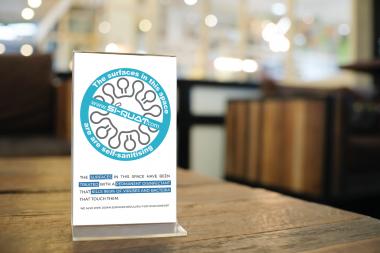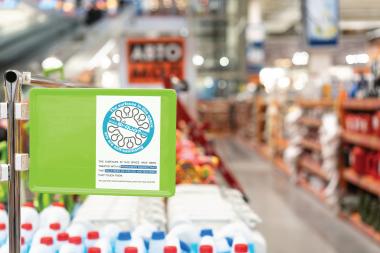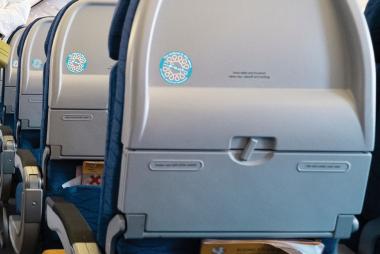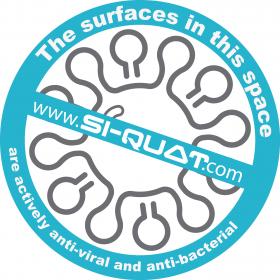FiltXPO™ 2022: Lifted travel restrictions
International filtration and separation professionals can feel even more confident making plans to exhibit at FiltXPO™ 2022 this upcoming March.
On November 8, 2021, the US lifted the 18-month ban on visitors from the European Union, China, Iran, Brazil and India, as long as they can show proof of vaccination and a negative coronavirus test. No quarantine will be required, regardless of how visitors enter.
INDA Association of the Nonwoven Fabrics Association













